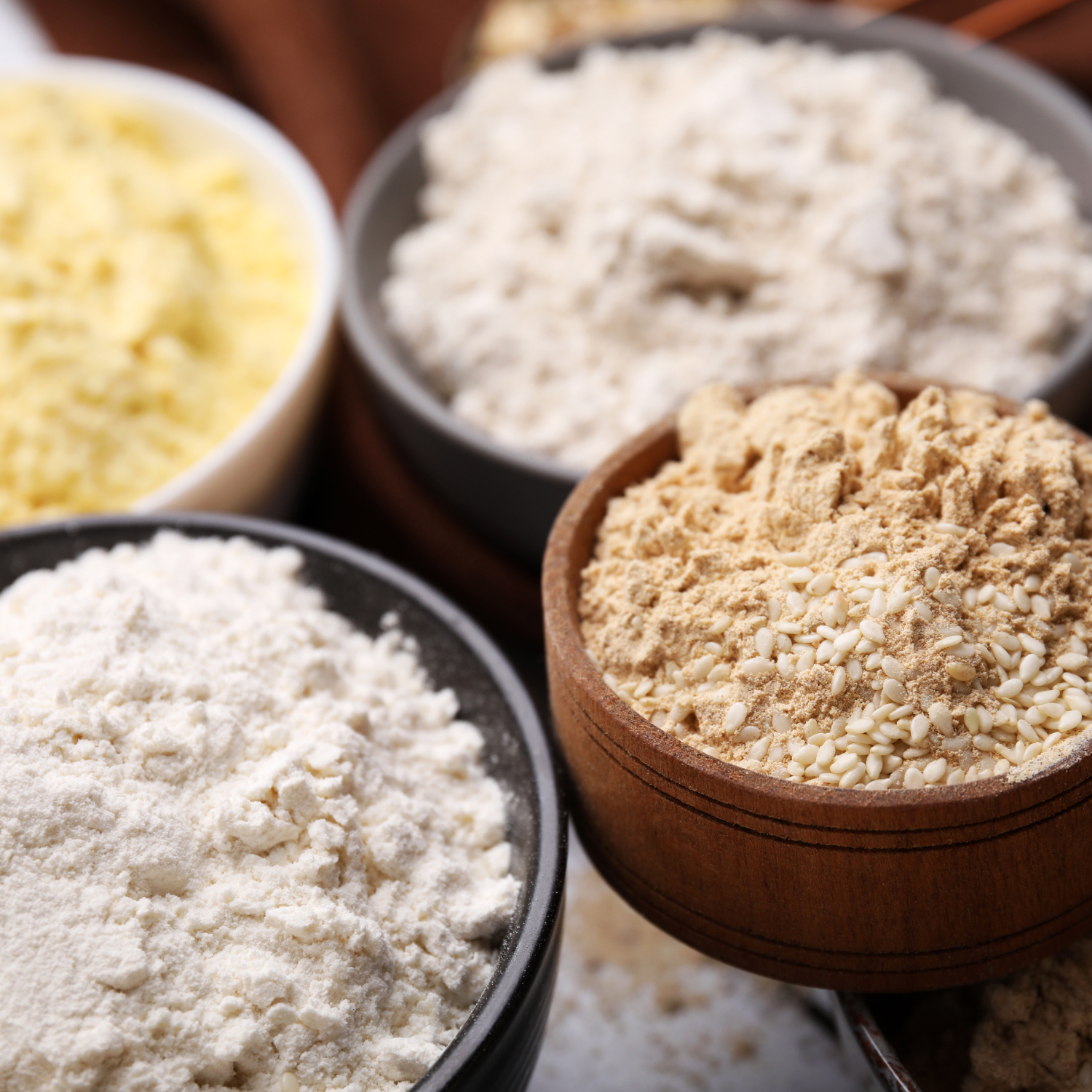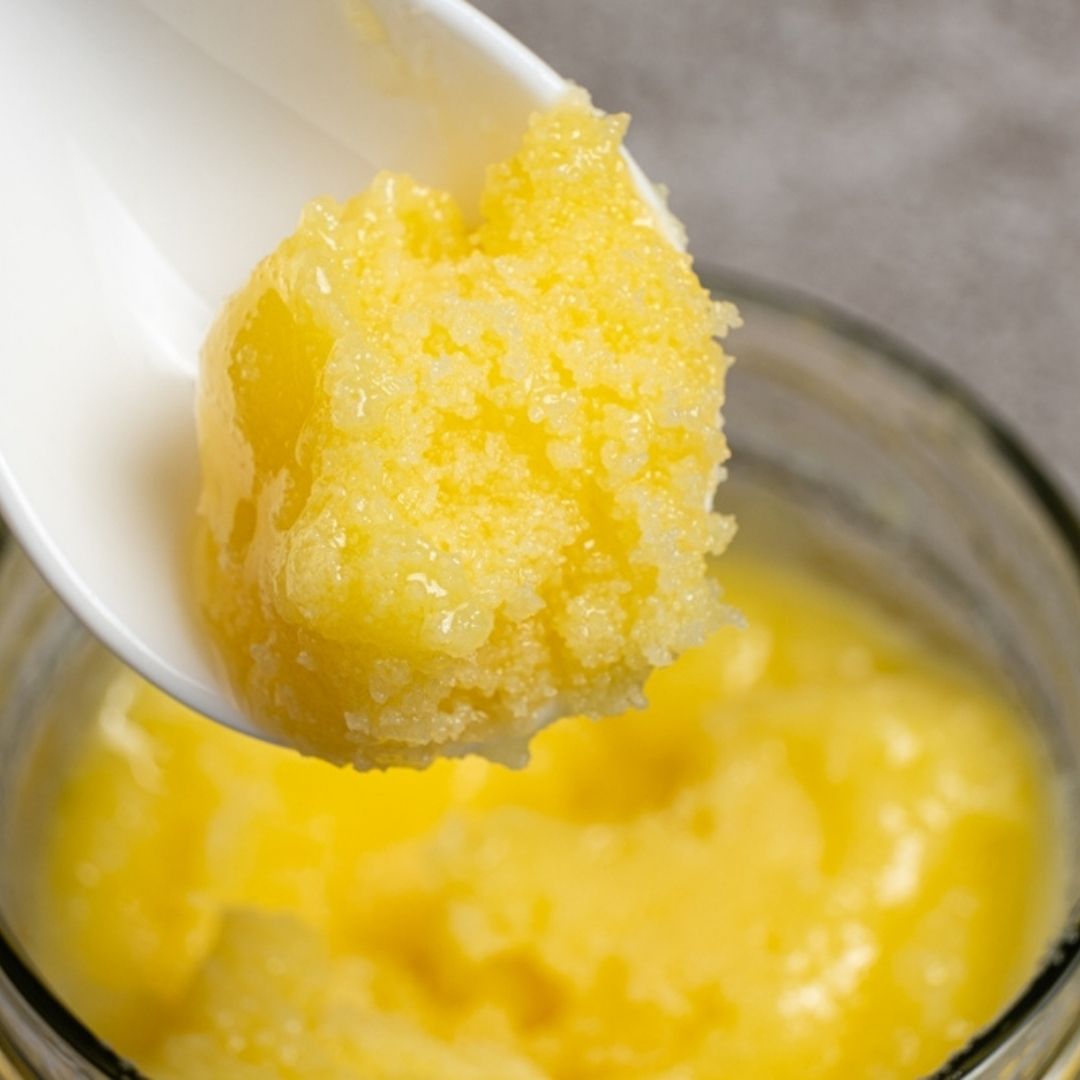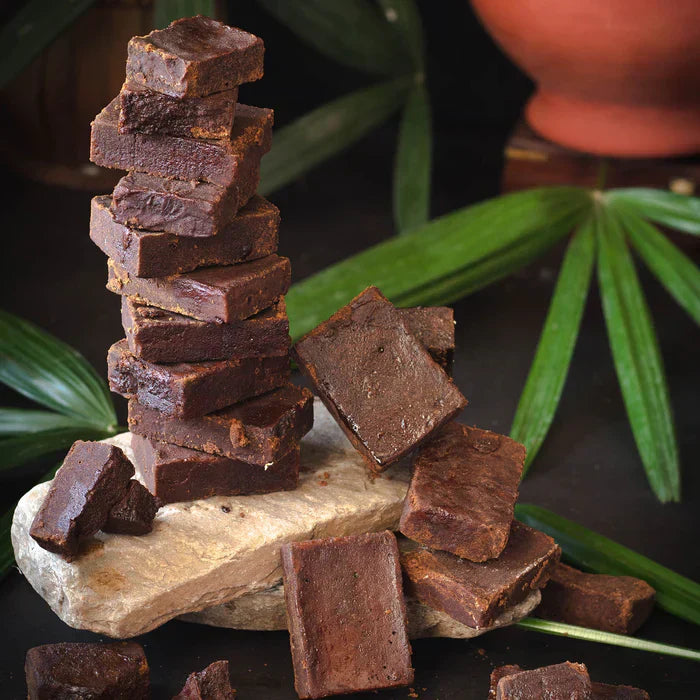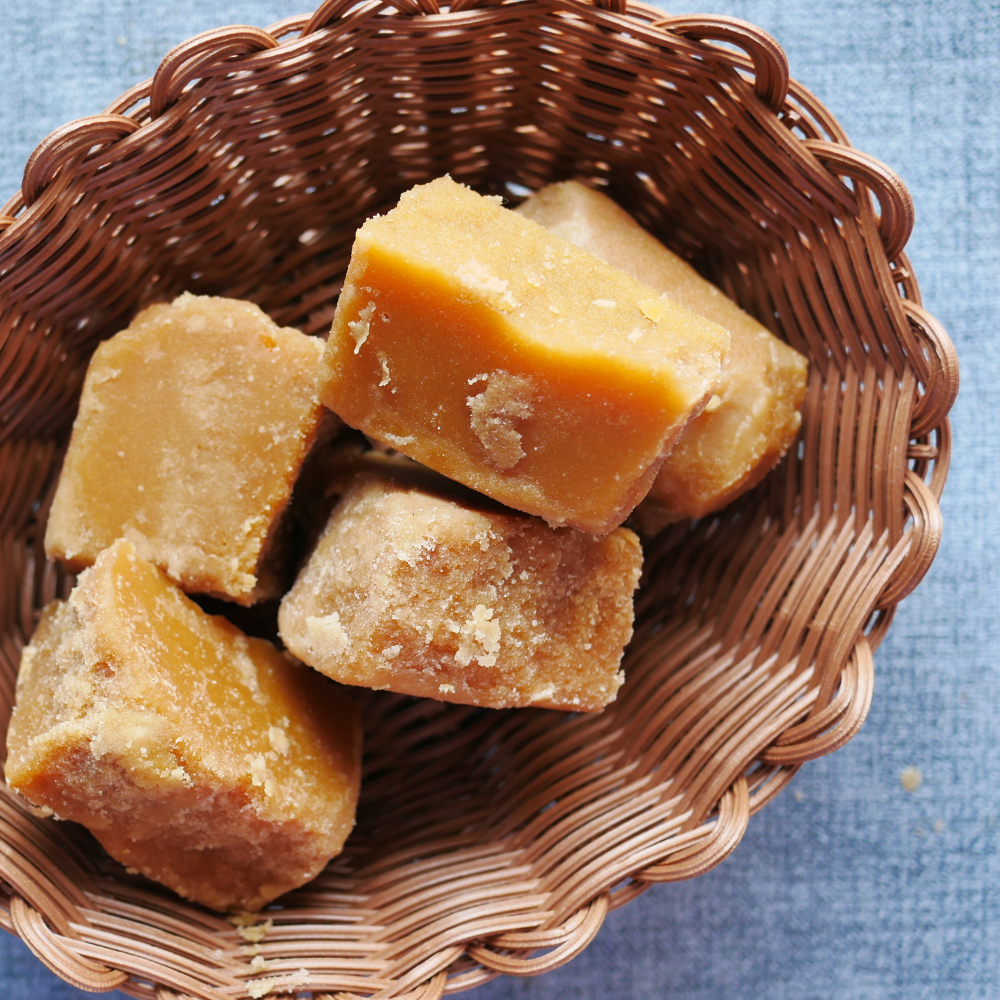Indian gooseberry, or amla, is a nutrient-dense superfood with a long history that dates back to Indian mythology. Due to its numerous health advantages, it is a useful supplement to contemporary medical procedures. With its strong antioxidant qualities and high vitamin C content, this little fruit is a potent force that may help with a range of medical issues. Amla's utility is boundless, ranging from boosting heart health to encouraging hair development. This in-depth manual will explore the scientific basis for amla's health advantages, as well as useful uses for hair and skin care and strategies to include it into your daily routine for general wellbeing.
Examining Amla: The Nutritious Powerhouse
Amla is a nutritious powerhouse that has been used for millennia in Ayurvedic treatment. It has a high content of vitamin C and is loaded with other important minerals and vitamins. Thanks to its amazing health advantages, this little green fruit plays a big role in the Indian diet. Nutrient-dense and potent in antioxidants, amla promotes general health and guards against oxidative stress. Let's examine Amla's nutrient composition in more detail to see its many health benefits.
Important Minerals and Vitamins in Amla
Amla's remarkable health benefits are attributed to its abundance of vital vitamins and minerals. It is also well-known for having one of the highest concentrations of vitamin C in nature, which makes it an essential nutrient source. Antioxidant vitamin C strengthens the immune system and shields the body from free radical damage. Other essential vitamins including vitamin A, vitamin B1, vitamin B2, vitamin B3, vitamin B5, vitamin B6, and vitamin E are also included in amla.
Amla is high in minerals such as calcium, iron, magnesium, phosphorus, potassium, and zinc in addition to vitamins. Together, these minerals and vitamins support general health and wellbeing. Amla is a fantastic method to make sure your body gets the nutrients it needs for optimum health when you include it in your diet.
The Health Benefits of its Antioxidant Properties
Amla is well known for having strong antioxidants, which are essential for maintaining good health. By scavenging free radicals, these antioxidants lower oxidative stress and lower the chance of developing chronic illnesses. Research suggests that amla can help lower blood pressure, control blood sugar, and lower cholesterol—all of which can lead to improved general health. Moreover, the heart, liver, and immune systems can all benefit from amla's strong antioxidants. Amla protects the body from oxidative damage through the elimination of free radicals. Supporting digestive health, encouraging weight management, and maybe lowering the chance of diseases like Alzheimer's disease are just a few of its many health advantages. Including amla in your diet can have significant positive effects on your health.
Revealing the Mysteries of Amla in Hair Care
Amla is excellent for hair care in addition to its general health benefits. It has long been a part of traditional Indian medicine, where it is used to improve the general health of hair, stop hair loss, and encourage hair growth. Vitamin C, antioxidants, and vital minerals are among the many nutrients found in amla that strengthen the hair shaft, hydrate the follicles, and encourage the growth of healthy hair. Whether you are experiencing dull, lackluster, or hair loss, amla may hold the key to gorgeous locks. Let's investigate homemade hair masks, natural therapies, and amla's ability to stop hair loss.

Natural Hair Strengthening Methods
Amla provides a wealth of natural hair care solutions that strengthen hair follicles, encourage hair growth, and enhance your hair's general health. The following natural solutions use Amla's power to promote stronger, healthier hair:
-
Amla Powder: Make a paste out of amla powder and water, then apply it to your scalp. After 30 minutes, leave it on and rinse with a light wash. This herbal cure strengthens hair follicles, nourishes the scalp, and encourages hair growth.
-
Amla Oil Massage: Gently massage your scalp with warm amla oil. Before washing it off, let it sit for a few hours or overnight. Amla oil fortifies hair roots, promotes healthy blood flow to the scalp, and stops hair loss.
-
Amla and Coconut Oil Hair Mask: Make a paste by combining amla powder and coconut oil. Concentrating on the roots of your hair, apply the paste on your scalp. After 30 minutes, leave it on and rinse with a light wash. This hair mask provides luster, fortifies hair follicles, and nourishes the scalp.
-
Yogurt and Amla Powder Hair Mask: Make a mixture by combining yogurt and amla powder. Concentrating on the roots of your hair, apply the paste on your scalp. After 30 minutes, leave it on and rinse with a light wash. This hair mask strengthens hair follicles, nourishes the scalp, and enhances the texture of hair.
You may obtain healthier, more brighter hair by including these natural solutions into your hair care routine.
DIY Amla Hair Masks for Different Hair Issues
Make your own Amla hair masks to solve a variety of hair care issues and transform your regimen. For hair development, mix amla powder with coconut oil and use it as a mask to activate hair follicles. To counteract hair loss, use yogurt and amla powder to make a nourishing mask that fortifies hair roots. If your hair seems lifeless, try mixing amla powder with honey to give it more luster and vibrancy. An amla powder and lemon juice combo can help people with dandruff by relieving scalp irritation.
Try these homemade cures and see the benefits of amla for the health of your hair.
Amla's Function in Preventing Hair Loss
Many individuals worry about hair loss, and amla can be a useful ally in stopping hair loss and encouraging hair growth. Amla is rich in nutrients that strengthen the hair shaft, nourish the follicles, and encourage healthy hair growth. These nutrients include vitamin C, antioxidants, and important minerals. The following are some ways that Amla helps to stop hair loss:
-
Stimulates Hair development: Amla encourages hair development by supplying vital nutrients to the hair follicles and increasing blood flow to the scalp. This lessens hair loss and promotes hair growth.
-
Fortifies Hair Foundations: Amla fortifies hair roots, reducing their vulnerability to breakage and baldness. Additionally, it supports the health of the scalp, which is necessary for normal hair development.
-
Nourishes the Scalp: Amla helps to keep the pH balance of the scalp by nourishing it. This lessens dandruff, inflammation of the scalp, and other disorders that can aggravate the scalp and lead to hair loss.
-
Guards Against Free Radical Damage: Amla's antioxidants aid in shielding the hair follicles from harm brought on by free radicals. This encourages healthy hair development and stops premature hair loss.
Amla can help prevent hair loss, encourage hair growth, and enhance the general health of your hair when added to your hair care regimen.
Amla's Magic Formula for Luminous Skin
Amla is not just excellent for hair care; it also has amazing effects on the skin. Amla, which is abundant in minerals and potent antioxidants, supports healthy, glowing skin. Amla, which is abundant in vitamins, minerals, and antioxidants, nourishes the skin, wards off free radical damage, and postpones the onset of aging. Let's investigate the many advantages of amla for skin health and learn how to use it for glowing skin.
Amla's Action Against Skin Aging
The potential of amla to prevent skin aging is one of its main advantages for skin health. Amla's antioxidants, which include vitamin C and bioflavonoids, shield the skin from free radicals, which can harm skin cells and hasten the aging process. This is how Amla prevents aging skin:
-
Increases Production of Collagen: Amla encourages the synthesis of collagen, a protein that helps keep the skin supple and provides it structure. This lessens the visibility of drooping skin, wrinkles, and fine lines.
-
Enhances Skin Elasticity: Amla's high vitamin C concentration contributes to the firm, supple, and improved elasticity of the skin. This makes wrinkles less noticeable and encourages skin that looks younger.
-
Diminishes Pigmentation: Amla contains inherent skin-lightening qualities that can aid in the reduction of dark spots, uneven skin tone, and pigmentation. Inhibiting the synthesis of melanin, the pigment that determines skin tone, it encourages a more radiant and balanced complexion.
-
Prevents Sun Damage: The antioxidants in amla contribute to the skin's defense against UV radiation damage. As a result, there is less chance of sunburn, solar damage, and sunspot development.
Amla-Based Remedies for Pimples and Acne
Amla provides natural remedies to fight acne and pimples, which can be quite bothersome skin disorders. Amla works well for treating acne and pimples because of its antibacterial and anti-inflammatory qualities. This is how Amla can assist:
-
Fights Bacteria: Amla's antibacterial qualities aid in getting rid of bacteria that cause acne on the skin. This lessens irritation and stops new acne from developing.
-
Diminishes Excess Oil: One of the main causes of acne is excessive oil production on the skin, which amla helps regulate. It prevents clogged pores and maintains the skin's cleanliness by balancing sebum production.
-
Calms Inflammation: Amla's anti-inflammatory qualities help to lessen the redness, swelling, and irritation that come with breakouts and acne. It calms the skin and encourages acne lesions to heal more quickly.
-
Lessens Scars: Amla's inherent skin-lightening qualities aid in reducing the appearance of dark spots and acne scars, resulting in a more even tone and smoother skin.
Adding Amla to your skincare regimen via topical application or internal ingestion will help reduce breakouts and acne, leading to healthier, clearer skin.
Beneficial Advice for Including Amla in Your Everyday Routine
It's not as hard as you would believe to incorporate Amla into your everyday routine. The following useful advice will help you maximize the health advantages of amla:
-
Fresh Amla: If you can locate it, consider including it in your diet as a salad dressing, chutney, or snack. You can also add it to smoothies.
-
Powdered Amla: Amla powder is a practical choice that works well in a variety of recipes, including yogurt, smoothies, juices, and desserts. Simply use one or two teaspoons of Amla powder into your preferred recipes.
-
Amla Supplements: You can choose amla supplements in the form of pills or capsules if fresh amla is hard to come by. The advantages of amla are offered by these supplements in a concentrated and practical form.
-
Pickles made from amla and murabba: These are classic Indian dishes that can be eaten as snacks or as a condiment. They offer the health advantages of amla along with flavoring your food.
Include Amla in your daily routine to get its many health advantages and enhance your general well-being.
Conclusion
Amla is a nutritional powerhouse that may do wonders for your skin, hair, and general well-being when added to your routine. Rich in vitamins, minerals, and antioxidants, amla provides a safe, all-natural remedy for a number of ailments. Amla has numerous health advantages, ranging from preventing skin aging to fortifying hair.
You can utilize amla's potential for a radiant appearance from the inside out by investigating recipes, do-it-yourself hair masks, and skincare products. Amla has all you need to strengthen your heart health, improve digestion, and increase immunity. For a healthier, more energetic version of yourself, embrace the magic of amla in your daily life!
Frequently Asked Questions
What is the safe daily intake of Amla?
The appropriate amount of Amla to take depends on each person's health. For individualized advice, speaking with a healthcare professional is advised. For most people, it is safe to consume 1-2 fresh Amla fruits or the same amount of Amla chyawanprash (1-2 teaspoons) each day.
Is Amla beneficial for controlling weight?
Because of its high fiber content and metabolism-boosting qualities, amla can help with weight management. It can aid in weight loss because it increases feelings of fullness, decreases hunger, and enhances protein synthesis. For efficient weight management, it's crucial to combine Amla consumption with a healthy diet and frequent exercise.
Are there any negative effects from consuming amla?
When taken in moderation, amla is typically safe for most people to ingest. On the other hand, overindulgence could cause stomach problems like diarrhea. People who have certain medical disorders, such as acid reflux, should use amla with caution. Be sure to speak with a doctor before adding significant amounts to your diet.
When is the ideal time to eat amla to get the most advantages from it?
Amla should be taken in the morning on an empty stomach to reap the greatest advantages. This improves immunity and facilitates digestion by enabling the body to absorb nutrients more efficiently.
Amla should be taken in the morning on an empty stomach to reap the greatest advantages. This improves immunity and facilitates digestion by enabling the body to absorb nutrients more efficiently.









